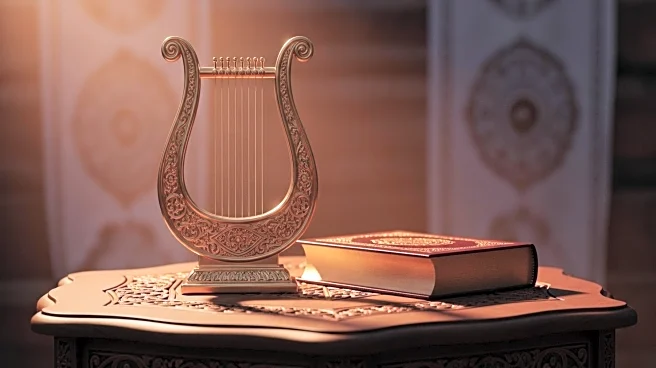What is the story about?
What's Happening?
The US Court of Appeals for the Ninth Circuit has partially reversed and remanded a district court's summary judgment in a copyright case involving liturgical music. Vincent Ambrosetti, a composer of sacred music, alleged that Bernadette Farrell copied his 1980 composition 'Emmanuel' in her 1993 hymn 'Christ Be Our Light.' The Ninth Circuit found triable issues of fact regarding access and similarity between the two compositions, allowing Ambrosetti to pursue other theories of access and striking similarity. The court upheld the exclusion of late-disclosed evidence but reversed the summary judgment, noting that there were genuine issues of material fact regarding access and substantial similarity.
Why It's Important?
This case highlights the complexities of copyright law, particularly in the realm of musical compositions. The Ninth Circuit's decision underscores the importance of access and similarity in copyright disputes, which can have significant implications for composers and publishers in the liturgical music industry. The ruling may influence future cases by setting a precedent for how courts evaluate access and similarity, potentially affecting the rights and protections of composers and their works.
What's Next?
The case will return to the district court for further proceedings, where Ambrosetti can continue to argue his case based on other theories of access and similarity. The outcome could impact the publishing and distribution of liturgical music, as well as the legal strategies employed by composers and publishers in copyright disputes.














